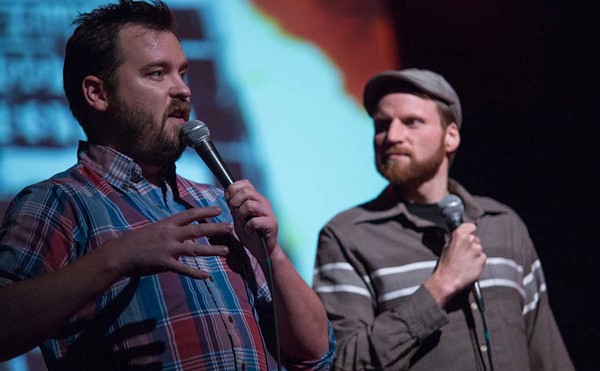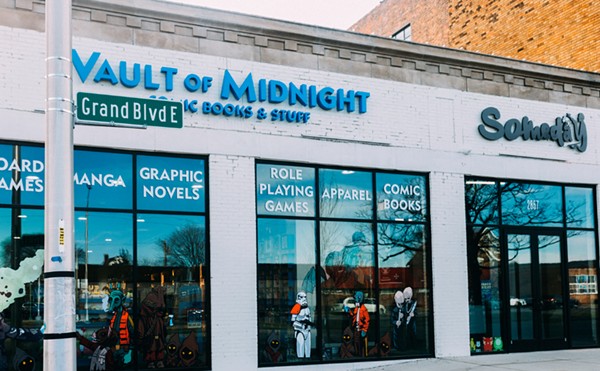It used to be that fantasy fiction was for dweebs. Now, thanks to Harry Potter, not just dweebs, but mothers, businessmen, lawyers, regular Joes and sullen teenagers read fantasy fiction. Enter Brit debut novelist Susanna Clarke, whose breakout debut novel, Jonathan Strange & Mr Norrell, a tale of two magicians in Europe in the 1800s, has taken the literary world by storm. Within two weeks of publication in early September, Clarke’s book rocketed to No. 3 on The New York Times bestseller list; readings are mobbed by collectors ordering two and three copies of the book. Not bad for a former cookbook editor who ten years ago took a class on how to write fantasy fiction.
“It’s a very important function of novels to take you out of your everyday life and into somewhere else for a while,” says the silver-haired writer as she sits down at a pub north of London. “Magical novels achieve that very well, because they take place in a world very clearly not our own.”
Readers will not have a hard time figuring out that Clarke’s world is certainly not our own. Narrated in the wry voice of an offstage observer and studded with faux scholarly footnotes, Jonathan Strange tells a story of a handsome and charming young upstart and an old curmudgeon struggling to resurrect magic in 19th century England. It’s a time and a place where magic makes one the life of the party — and can impact wars and European politics.
A late-bloomer who has the corpses of several failed novels in her trunk, Clarke is somewhat taken aback by how much noise this curious (and not so little) book has generated.
“I think most people involved have been somewhat taken aback by the response so far,” says Clarke, 44, sipping her microbrew. “I certainly have.”
Spend five minutes with the author’s novel and you’ll realize she’s no apprentice. By combining fantasy with astringent social commentary, Clarke strings an unlikely footbridge between J.R.R. Tolkien and Jane Austen. The book also gives Potterites who’ve outgrown Hogwarts a place to go for more sophisticated storytelling.
“I think the novel is viewed as something new,” Clarke surmises, “blending together a few genres — such as fantasy and adventure and pastiche historical — plus there’s the whole thing about slightly knowing footnotes commenting on the story.”
In person, Clarke is quiet and somewhat steely, but not shy. After an hour of conversation, her inner geek and literary panache align. The discussion zigzags from her collection of comic books and her favorite television shows (“The Simpsons,” “Buffy the Vampire Slayer”) to Austen and back again to Buffy.
Instant celebrity comes with acute stress, and Clarke responds to the pressure by leaning on her partner, sci-fi author and critic Colin Greenland, whom she met in a writing class. He was the instructor; she, his student.
“Everything I know about publishing has come from editing nonfiction,” Clarke says, “so it’s nice to have Colin’s career as a guide.”
As we finish our beers, Clarke has the slightly tense expression of someone who’d prefer a cloak of invisibility to all this fame. She jokes that if she had the power to cast spells, she’d turn her mobile phone “into a hedgehog.” “My first thought was world peace, but I saw the episode of ‘The X-Files’ where Mulder tried for that — and everybody disappeared.”
John Freeman is a freelance writer for Metro Times. Send comments to [email protected].





